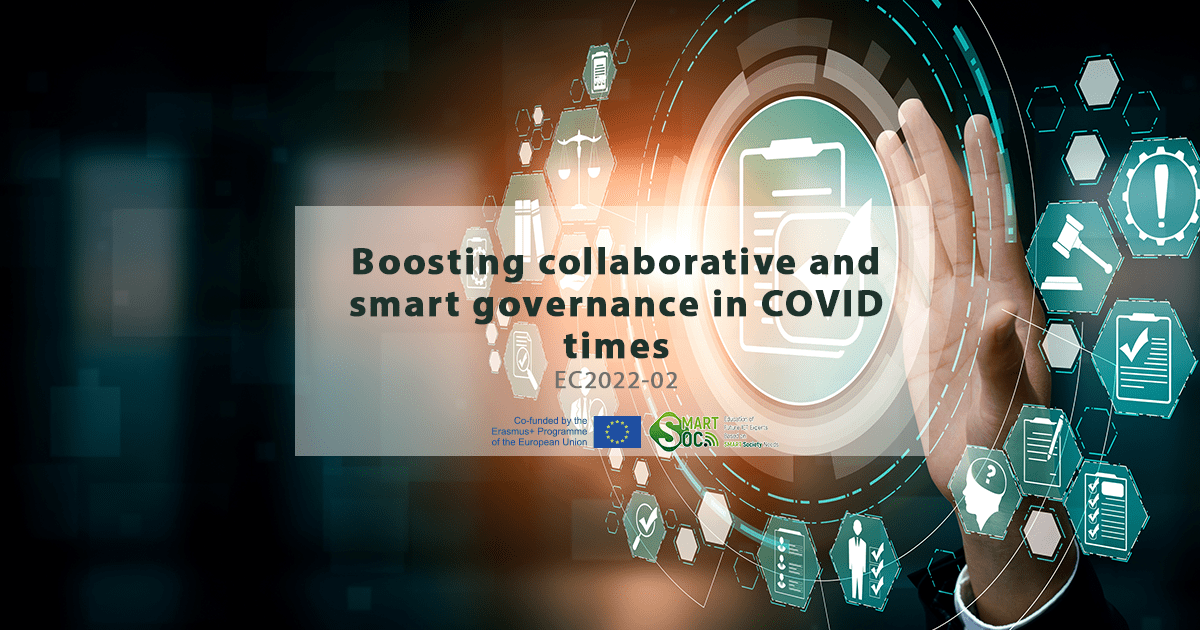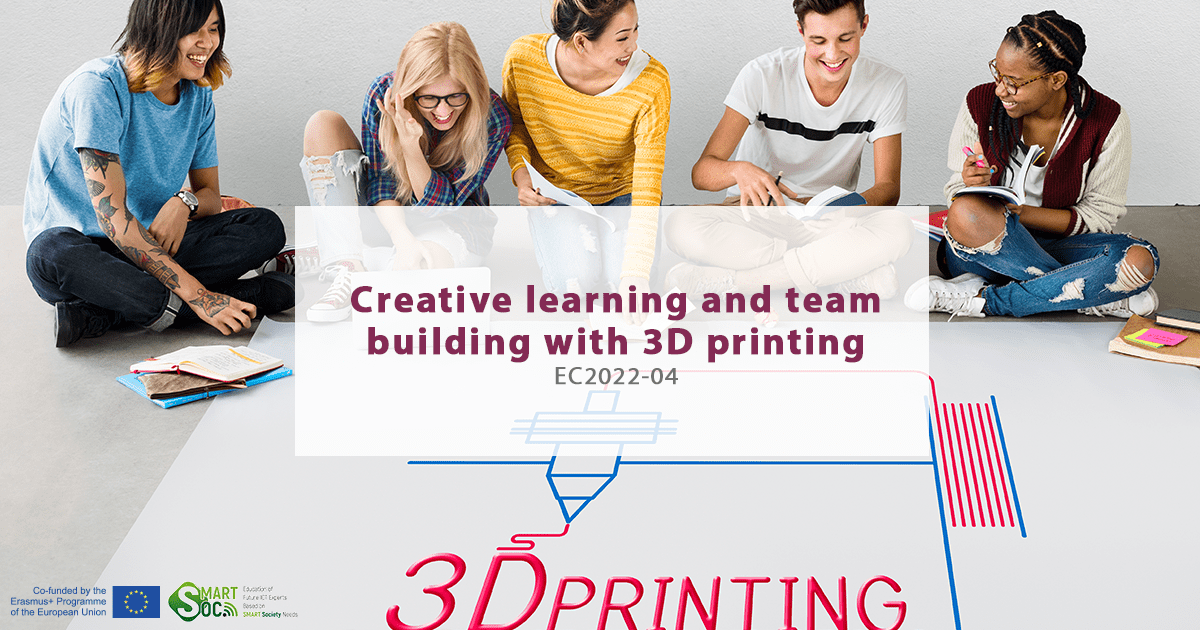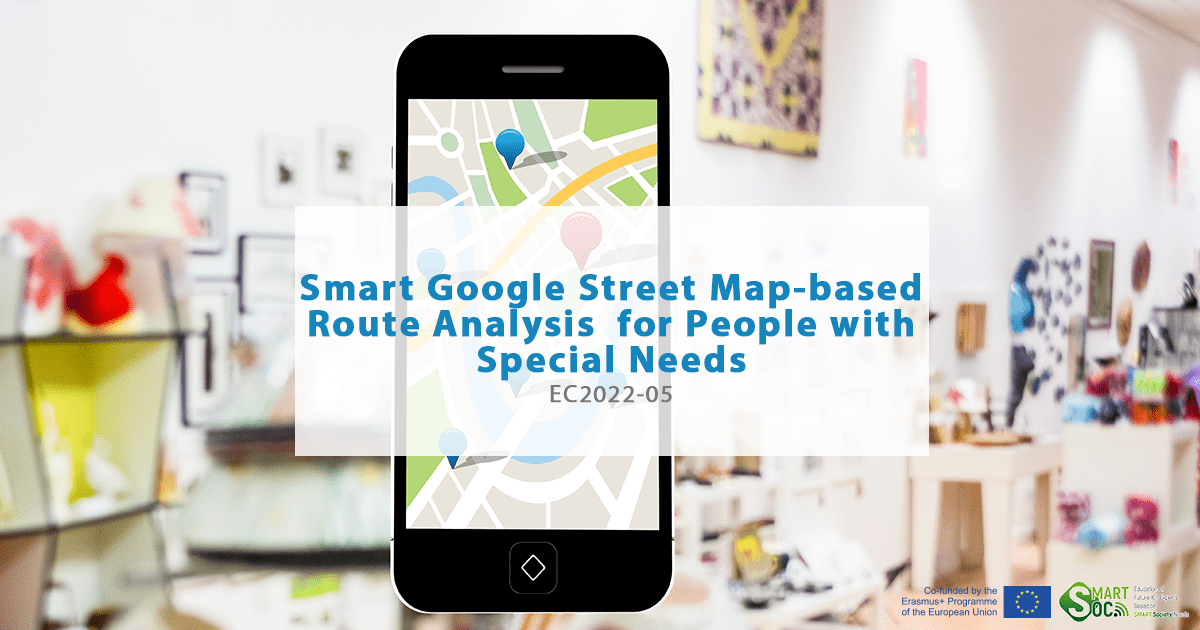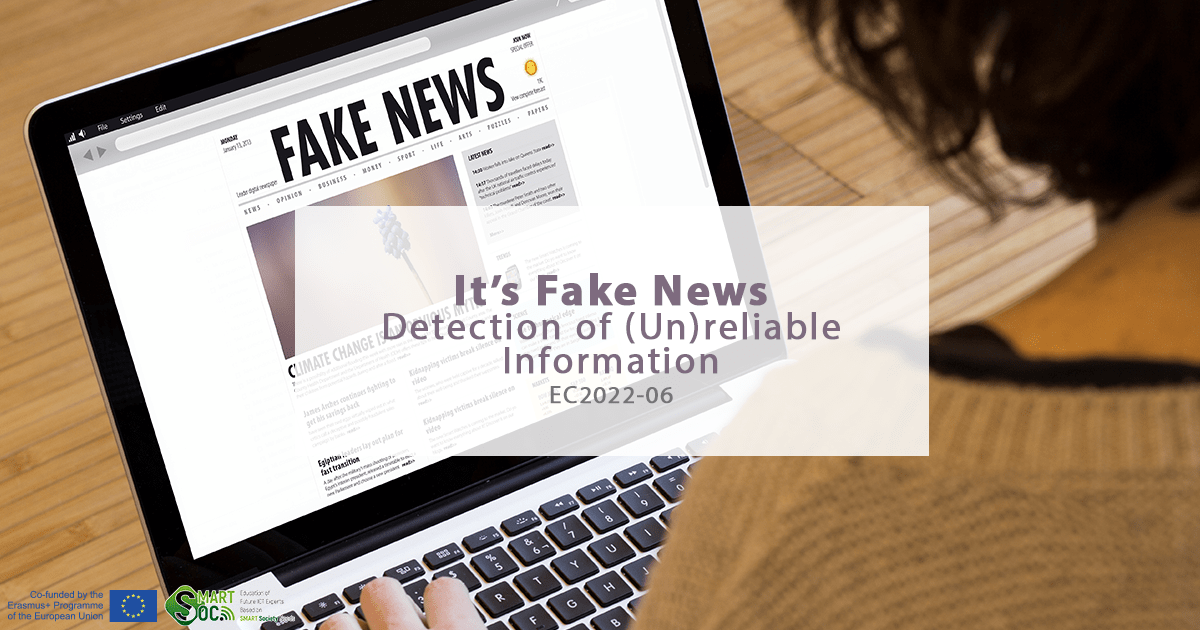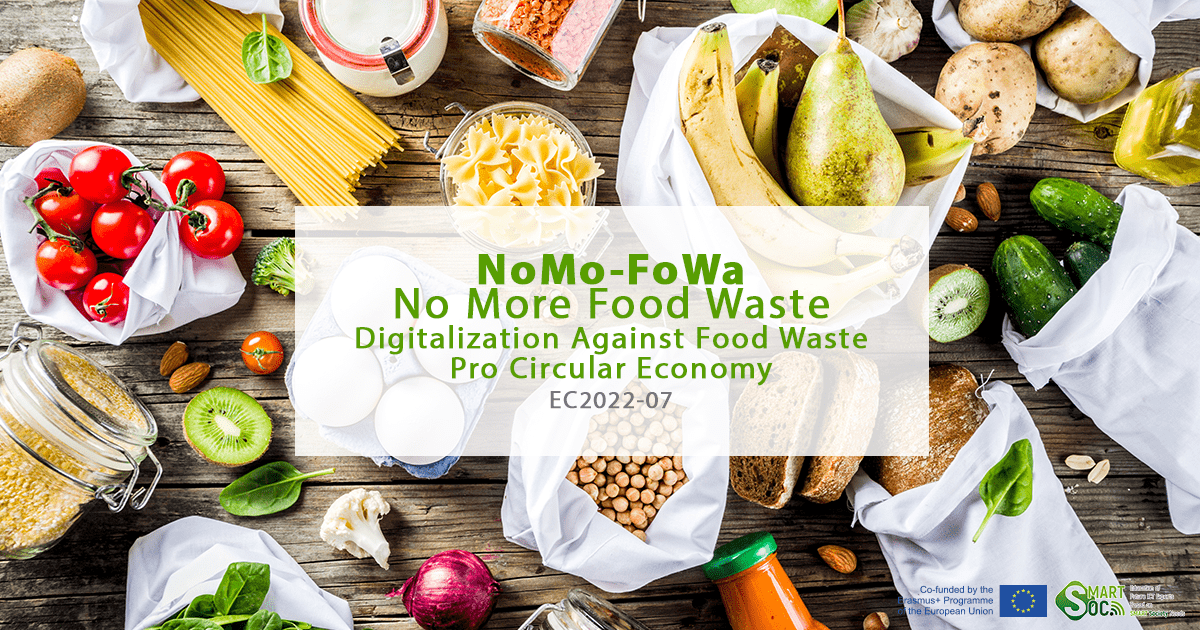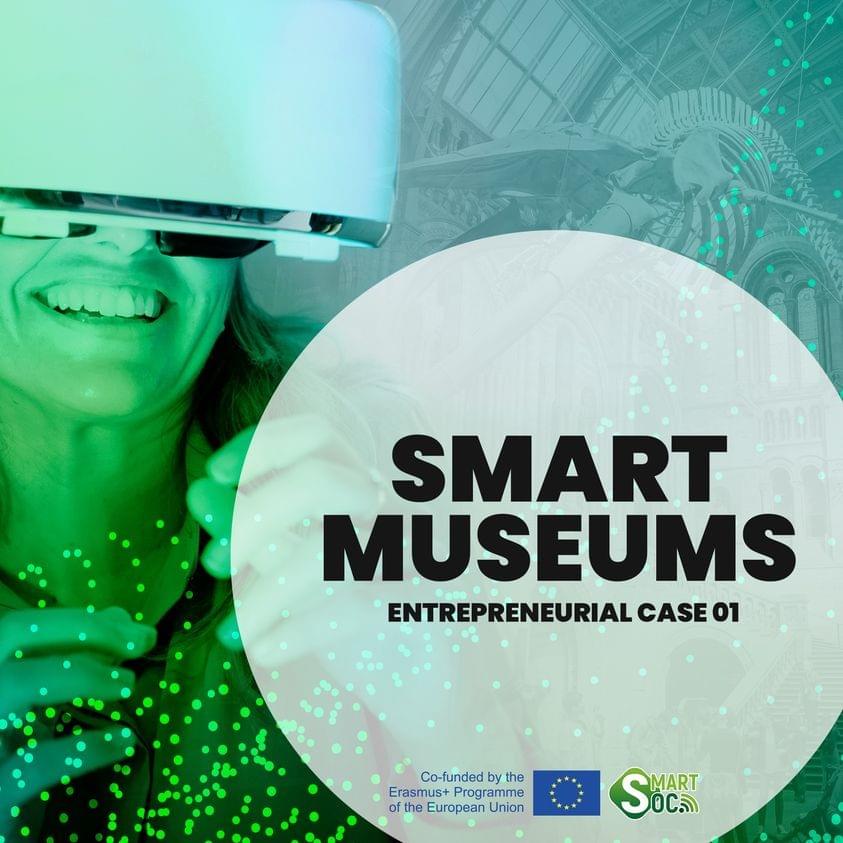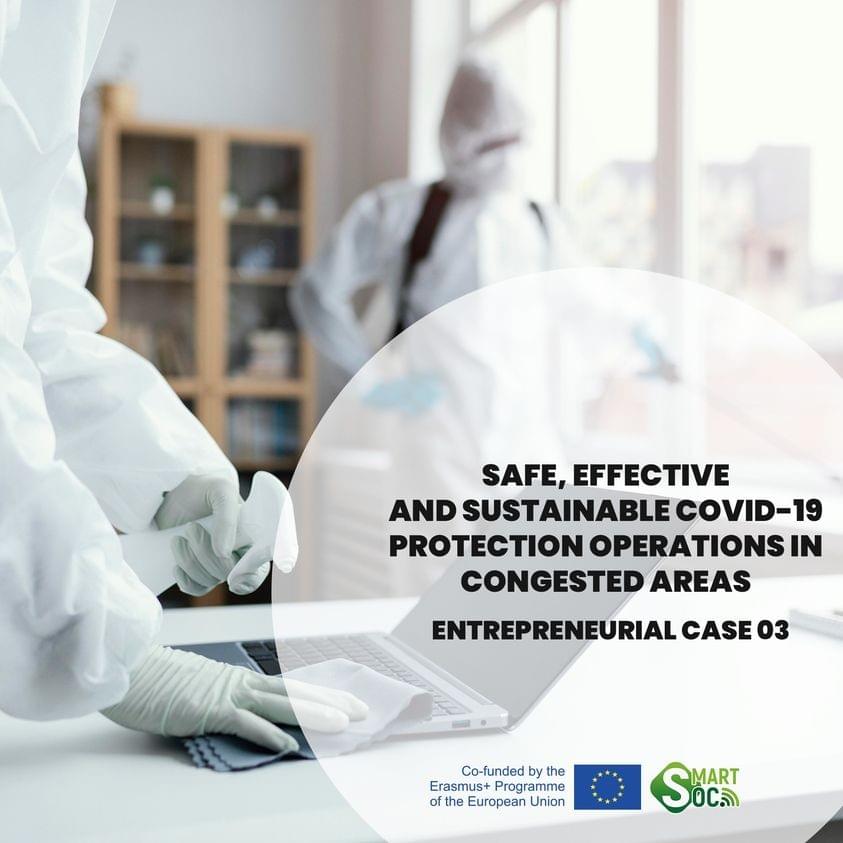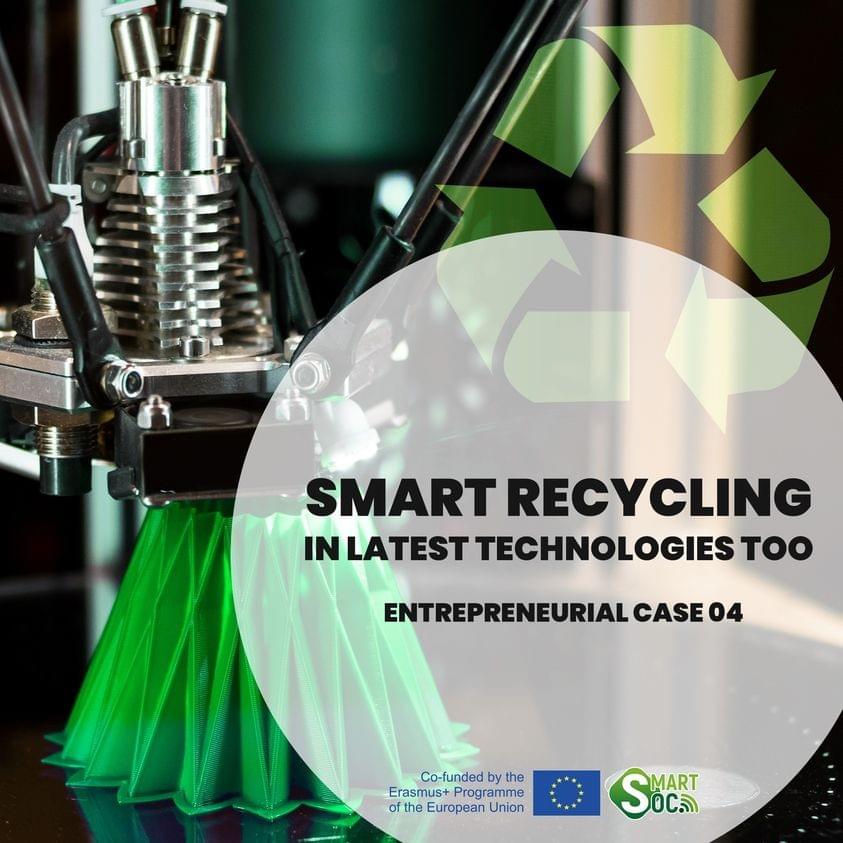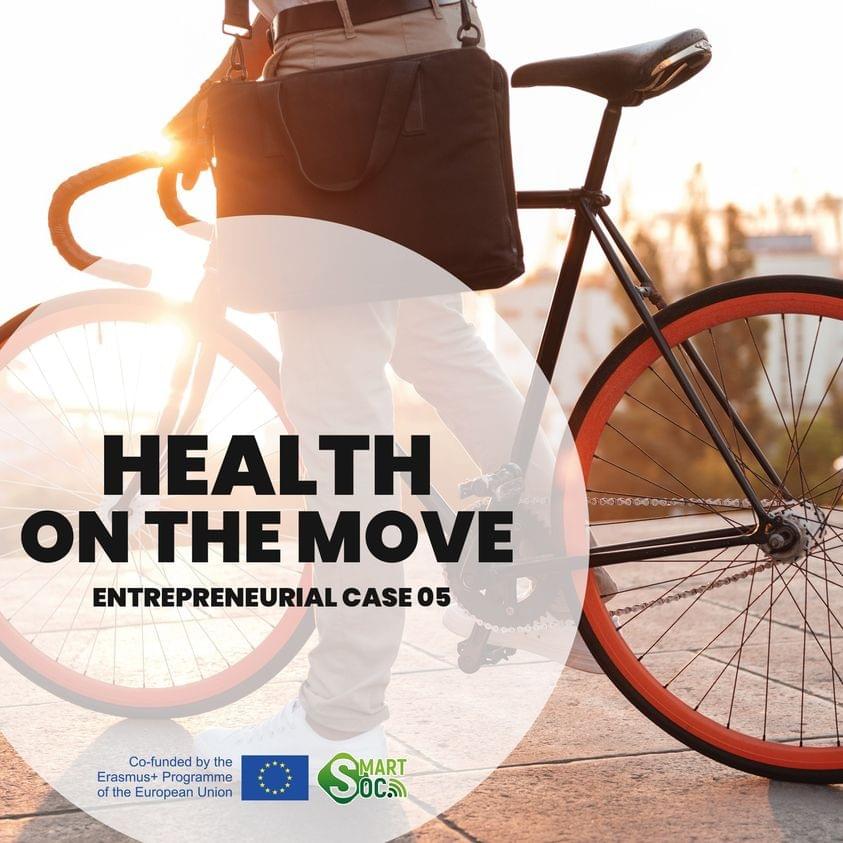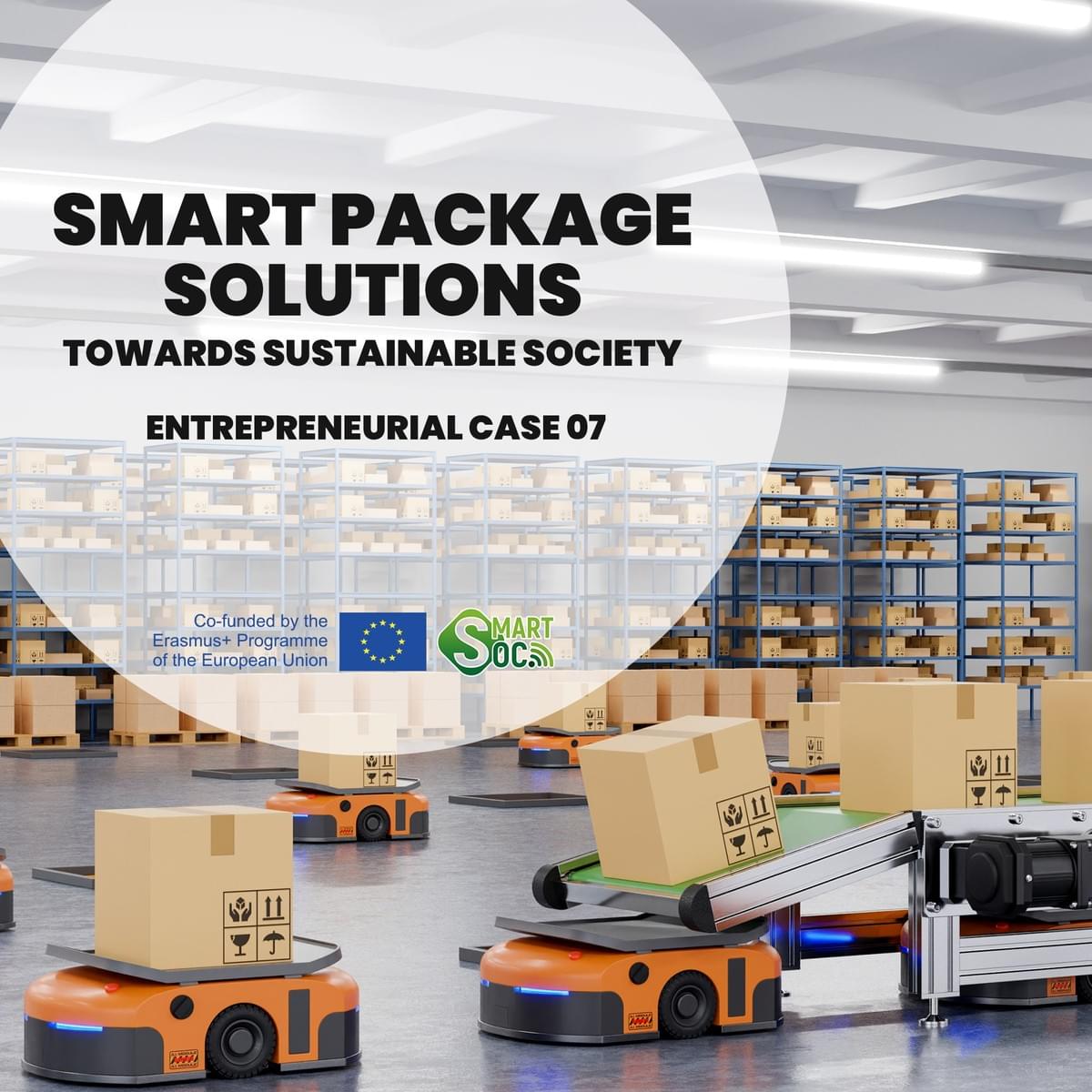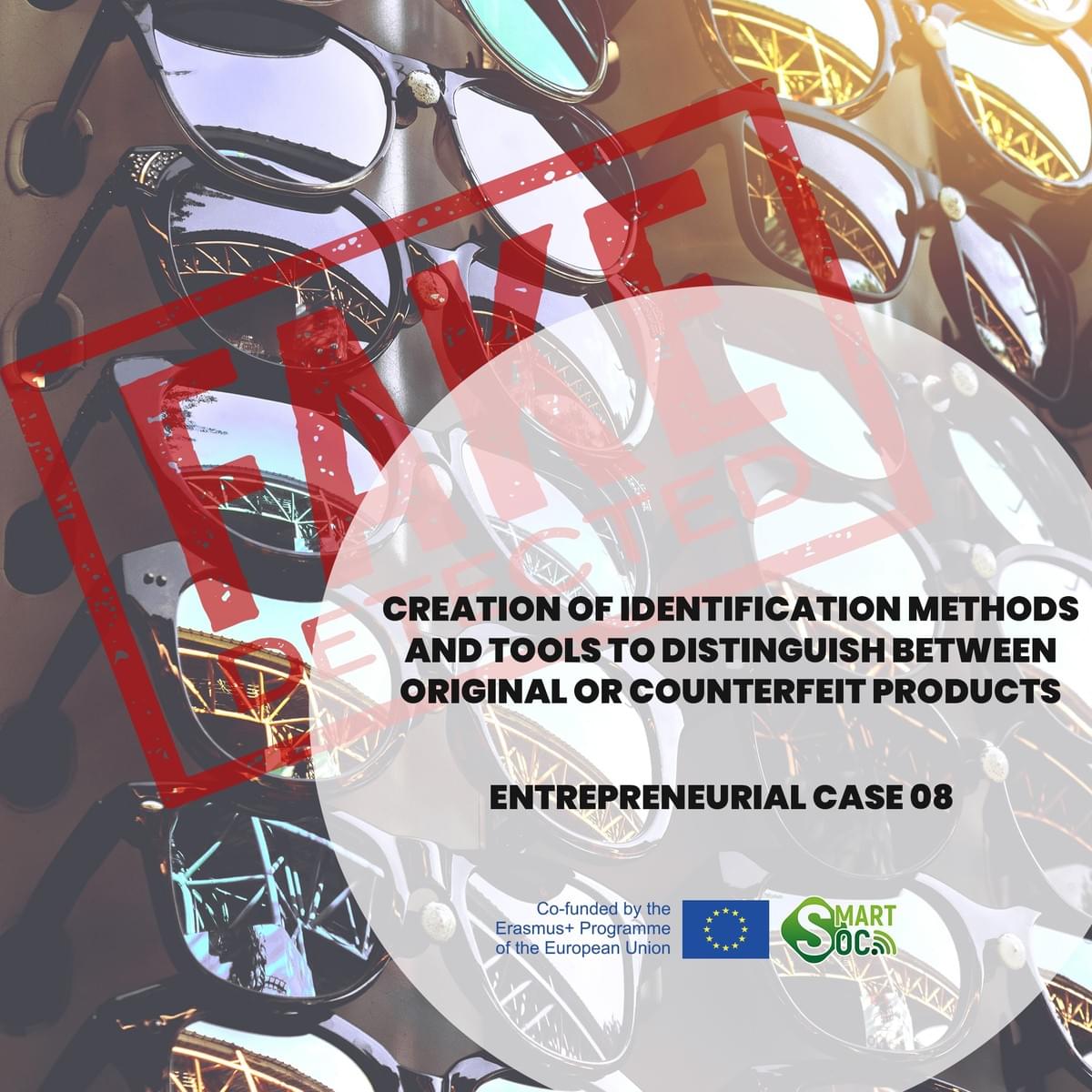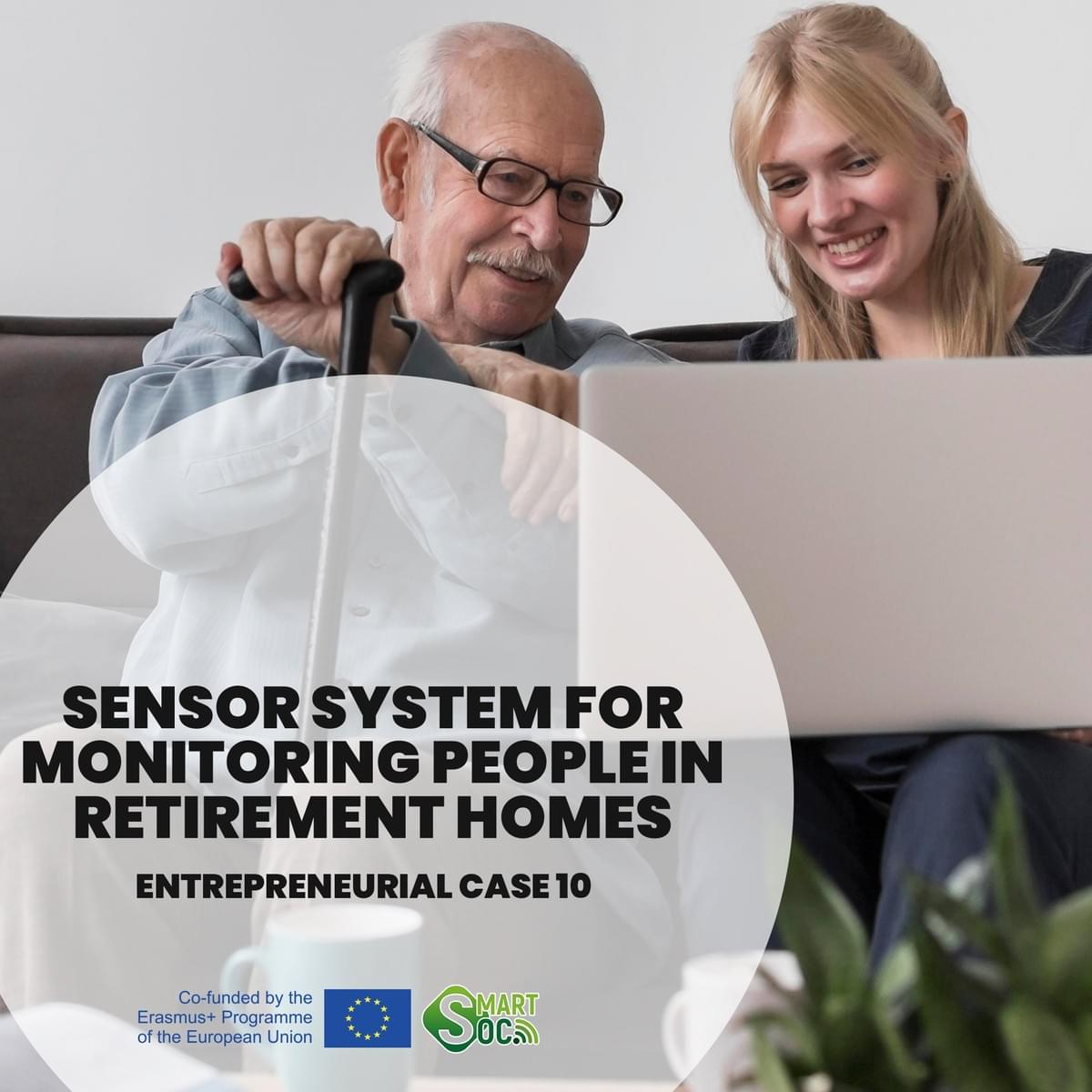
- Project activities
- Resources
- …
- Project activities
- Resources

- Project activities
- Resources
- …
- Project activities
- Resources

- Entrepreneurial CASE Studies
Valencia 2022

Entrepreneurial Case Study 1:
Etnomophagy Smart Insect Farming
Entomophagy means the use of insects as foodstuff for humans or as a feedstuff for animals. While human insect-eating is often a taboo in Northern countries, it is a common phenomenon in many parts of the world. The use of insects as an alternate source of protein is not new and insects are/were regularly eaten by humans. Several studies show that the consumption of insects contributes positively to the environment and to health and livelihoods. However, in the last decades, a global “nutrition transition” is taking place, exporting the non-sustainable meat-based Western diet to other parts of the world. As in other sectors, too, the transfer of Western styles of production and consumption lead to high environmental loads and resource depletion and promotes unhealthy lifestyle patterns.

Boosting collaborative and smart governance in COVID times
The Covid-19 pandemic has transformed our interactions, creating social distancing, online meetings, and has prompted the reconfiguration of our public spaces. Notwithstanding the dissipated shock of the lockdown and the prospect of vaccinations and new treatments, political actors have started promoting the use of technologies to reimagine and redesign our social interactions to maintain their resilience in challenging times. At the same time, smart cities rely heavily on the component of smart governance. The prospect of involving citizens in decision-making in smart cities is mentioned heavily in the literature as one of the components of smart cities, along with smart living, smart economy, smart mobility etc. Citizen involvement should not be an obligation or a nuisance in smart cities, but it should be a source of knowledge that feeds into the technological development of cities. The resurgence of the pandemic waves, as well as the resilience discourse, call for solutions to help maintain the smart governance component alive in the era of social distancing.

Entrepreneurial Case Study 3:
Minimizing the Risk of SARS-CoV-2 Virus Infection by Assessing Virus Exposure
Since its outbreak to the present day, the SARS-CoV-2 virus has significantly changed the global world and human lives at the individual and the societal level. Infection with this virus can cause severe health problems and serious complications with a fatal outcome, and with all measures to protect against infection, the risk of infection depends on a person’s exposure to the virus. From a spatial point of view, for example, this risk is higher in areas with higher population density and in activities that require close contacts between people. From the weather perspective, the risk of infection depends on seasonal changes in weather conditions during the year as well as on the frequency of movement of people during the day. The risk of infection also depends on immunity of each individual and the general condition of the organism. Taking into account the above spatial, temporal and personal characteristics, it is necessary to create a system that, taking into account a user's risk of infection, allows the user to assess the level of virus exposure in future and previous time intervals, generate alerts at potential increased risk, and possible recommendations which reduce the risk of virus exposure and infection. The system should be based on entered and publicly available data on the pandemic, the location of user movements and other important parameters. Available ICT approaches and technologies, including data analysis procedures, can be used to achieve the set goal.

Creating learning and team building with 3D printing
We are different in many ways, but there are some demand and requirements that hold for everyone. We should learn and understand some maths, geography, physics, chemistry, etc. But our learning curves can differ from each other. Why not to organize special creative workshops, where the participants can design and 3D print objects that help them to understand what they just read in textbooks. For children with different disabilities these 3D printed models could be of higher importance. But creative workshops can be organized for adults as well where the time spent by special teamwork can results in better collaboration and higher efficiency at work.

Entrepreneurial Case Study 5:
Smart Google Street Map-based Route Anlysis for People with Special Needs
Using ICT, this entrepreneurial case proposal seeks to benefit the respective end-users with automatic tools that rely on internet and smartphone technology to improve urban mobility. In particular, building on top of a navigation system (Google Street View) and using computer vision techniques, analyse and propose paths/routes that satisfy more exquisite user criteria. Of particular interest are people with impaired vision or walking capability.

Entrepreneurial Case Study 6:
It's Fake News. Detection of (Un)reliable Information
With the advent of social online platforms, putting information into the public domain has gotten easier than ever. Social networks such as Facebook, social news aggregation networks like Reddit, comment sections on news portals, and others allow us to easily post different types of content online. Information has never been as accessible as today; it has brought the world together – different perspectives are one click away. While this at a first glance seems rather positive, mind-opening, and facilitating critical thinking, not all content is published with good intentions. The efficiency of social networks at spreading information has also been used for siphoning political messages, spreading fear and anger, and social manipulation in general (e.g., hybrid warfare). Examples include subtle, by the general public often unnoticeable, manipulation of opinions with respect to elections, and casting doubts on authority. The presentation of fake news is often such that it causes an immediate emotional (and less rational) response, due to the topics being very essential to human beings – health and safety. In the midst of the COVID 19 pandemic, misinformation being spread online is having direct consequences on people’s mental and physical health, as well as it is causing riots across the globe.

Entrepreneurial Case Study 7:
NoMo-FoWa No More Food Waste. Digitalization Against Food Waste Pro Circular Economy
NoMoFoW (No More Food Waste) - Leveraging the power of "Digital Society" x "Circular Economy", research the technology, the societal/economical needs/impact, and the business use-cases for a digital platform (Apps, Databases, APIs) to enable/incentivize higher rate of information and therefore consumption of discount-stickered food products that are about to past their best-before/due-by dates – instead they can be more efficiently promoted via the proposed platform hence save everything (money, economy, ecology).
- Entrepreneurial CASE Studies
2021

Entrepreneurial Case Study 1:
Smart Museums
The entrepreneurial case aims to introduce smart technologies in museums with a double approach: on the one hand the development of smart interactive multimedia content to enhance the real visit to the museum; and on the other, the provision of online multimedia content to ease online visits to the museum for those that do not want or cannot visit it.

A self-driving tractor is changing the future of food business
Sustainable and efficient solutions for food systems are focused on food production and consumer systems and their management. Solution elements concern primary production, agriculture and production technology, foodstuff refining, logistics and environmental solutions, trade and marketing as well as consumption and use experience.

Entrepreneurial Case Study 3:
Safe, effective and sustainable COVID-19 protection operations in congested areas
Conception of systems (robots & automation) assisting in screening or disinfection operations in case of pandemic in order to:
- Relieve operational overhead of human personnel • Reduce contagion risk
- Reduce single-use products
- Applications domains:
- Hospitals, airports, schools, hotels, work spaces, public spaces

Entrepreneurial Case Study 5:
Health on the Move
- New solution which exploits the benefits of ICT to improve the current transportation system.
- General idea - combine different forms of transportation services and provide them to users in an integrated way.
- Global infrastructure for the information society, enabling advanced services by interconnecting (physical and virtual) things based on existing and evolving interoperable information and communication technologies.

Entrepreneurial Case Study 6:
5G Open Radio Access Networks in event management
- ICT - 5G Network topology
- Connecting industry segment - Software design
- Services - Complex solution for organizer companies

Entrepreneurial Case Study 7:
Smart Package Solutions (Towards Sustainable Society)
- Understand the problematics with packaging
- Select the most promising case
- Develop a technical case
- Develop business case

Creation of Identification methods and tools to distinguish between original or counterfeir products
Counterfeit products cause billions of Euros of economical damage and can even cause serious physical or psychic harm to persons.
An ICT supported approach can help to avoid or reduce the risk of getting a victim of counterfeits or fake products.

Cyber security
A smart sustainable city is an innovative city that uses information and communication technologies (ICTs) and other means to improve quality of life, efficiency of urban operation and services , and competitiveness , while ensuring that it meets the needs of present and future generations with respect to economic, social and environmental aspects

Sensor System for Monitoring People in Retirement Homes
At present, the European population, including Slovakia, is getting older.
A significant part of the population lives their autumn life in retirement homes, where it is not possible to supervise people 24 hours a day by employees of the retirement homes. A solution to this issue can provide advanced technologies allowing monitoring people in an undisruptive way and at the same time to broadcast alert messages in case if a monitored person is in an emergency (e.g. sudden change in health status). Quick help in such an emergency could save a senior’s life.
- Entrepreneurial CASE Studies
Zilina 2020
Collaborative mobility


